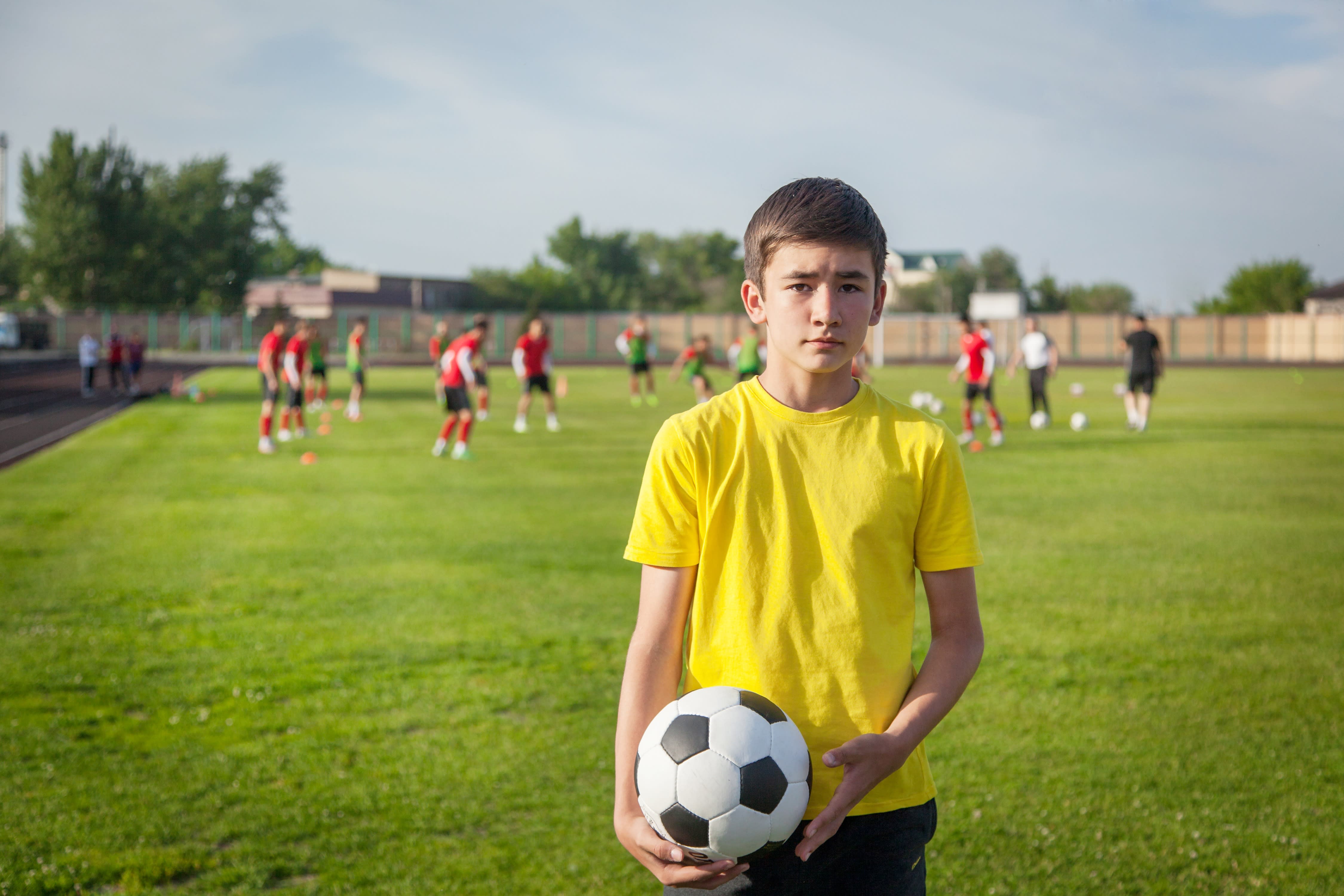Local councils must urgently help stop abuse in children’s sport – Monash Lens
Children can derive many important benefits from sport. However, researchers have also found that many of these benefits can only be achieved if children have positive experiences.
Unfortunately, right now many young people are experiencing abuse, discrimination and harassment in the sports environment.
A study released this week of more than 800 Australians participating in dozens of different sports reported that 66% had experienced physical violence in youth sports and 38% had experienced sexual violence.
These results are remarkably similar to research published last year that examined data from more than 10,000 athletes in the UK, Germany and other European countries.

The issue is further illustrated by a study we published this week which found that 60% of teenage male rugby union players have recently (in the past two weeks) used harmful homophobic slurs such as ‘faggot’ towards a teammate had.
Experiencing this type of negative behavior can negate the benefits children get from sport and cause them long-term harm. This is especially true for marginalized youth such as LGBTQ+ children, as homophobic language increases their already high risk of suicide.
Lack of regulation
In Australia, Canada, Great Britain and other western countries there are no government agencies that regularly monitor community sports clubs to ensure children’s safety. This is in stark contrast to how day care centers and schools are tightly monitored and regulated.
Sport is allowed to regulate itself. This bizarre double standard continues even as sports organizations repeatedly fail to protect children from physical, sexual and psychological abuse.
Stories of these failures seem to be ubiquitous in global headlines.
In the US, Olympian Simone Biles provided ‘shattering’ evidence of sexual abuse in gymnastics; in the UK, the top leadership of Welsh rugby recently resigned following allegations of systemic racism, sexism and homophobia; and late last year the entire leadership of Canada Hockey resigned following multiple allegations against young hockey players involved in sexual violence, racism, sexism and homophobia.
government response
The seemingly endless stories of abuse in sport have drawn the attention of senior government officials in Australia.
Australia’s Sport Minister Anika Wells recently wrote that she accepts that the problems in sport are “systemic” and “grotesque” and that the stories she hears about harm to children are “terrifying, shocking, damn (and) common”.
Remarkably, Australia’s sports minister admitted that she “… has yet to find anyone who can assure me that our sports institutions are safe”.
While she has announced the creation of a federal safety in sport department, the problem is that she will have no legislative power to regulate local sport.
Why? The provision of sports and child safety is the responsibility of state and local governments.
The situation is similar in Canada, where abuse scandals have occurred in several sports.
https://t.co/HWpMnrMkRg
— Stealie Dan (@Dan_Alper) February 6, 2023
Canada’s Sports Minister Pascale St-Onge said hundreds of athletes had told her “horrifying” stories of abuse and mistreatment at all levels by peers, coaches and teachers in recent months.
She continued:
“We tell kids to play sports and get physically active — you’re going to build your skills — and then we hear these stories about how it’s ruined some people’s lives instead of making them better.”
Like her counterpart in Australia, she has pledged to help a national body investigate complaints but acknowledged she will have no legislative power to resolve the problem in children’s sports.
As in Australia, the organization of sporting events and the protection of children are the responsibility of provincial and local authorities.
St-Onge said all she could do was ask provincial leaders “how their progress is, where they’re going, what their timeline is,” and tell them changes “need to happen as soon as possible… We hear these stories of abuse and mistreatment at every level. It shouldn’t be a jurisdictional issue.”
Urgent need for action by the municipalities
Despite the national sports minister’s limited powers to drive change, they continue to be the focus of lobbying by athletes, the public and the media. That needs to change.
Demanding action and accountability from politicians who can actually solve this problem is important, which means shifting the focus to our state and provincial leaders, especially after an Australian royal commission identified local mayors and city councilors as the politicians who can bring about the most change.

Local governments often own or control the facilities where children play sport and are a major funder of local sport. They can use facility access conditions and funding as regulatory levers to drive meaningful change. In addition, local governments have extensive experience in day-to-day regulation and enforcement (e.g. parking, events, building construction).
The Royal Commission has recommended that local councils be given extra funding to hire “safe sport officers” on a similar model to Canada’s. These officials could initially focus on supporting and training the volunteers who run sports clubs to help them comply with child safety laws. However, in the longer term, their role could shift to compliance (eg, audits, fines, restrictions).
There is now ample evidence that children are harmed by discrimination, harassment and abuse in sport. It is clearly unacceptable that we continue to allow sport to regulate itself.
Local governments urgently need to start taking responsibility for regulation and your mayor and local council should be held accountable for failing to ensure that children can play sport safely in their facilities.